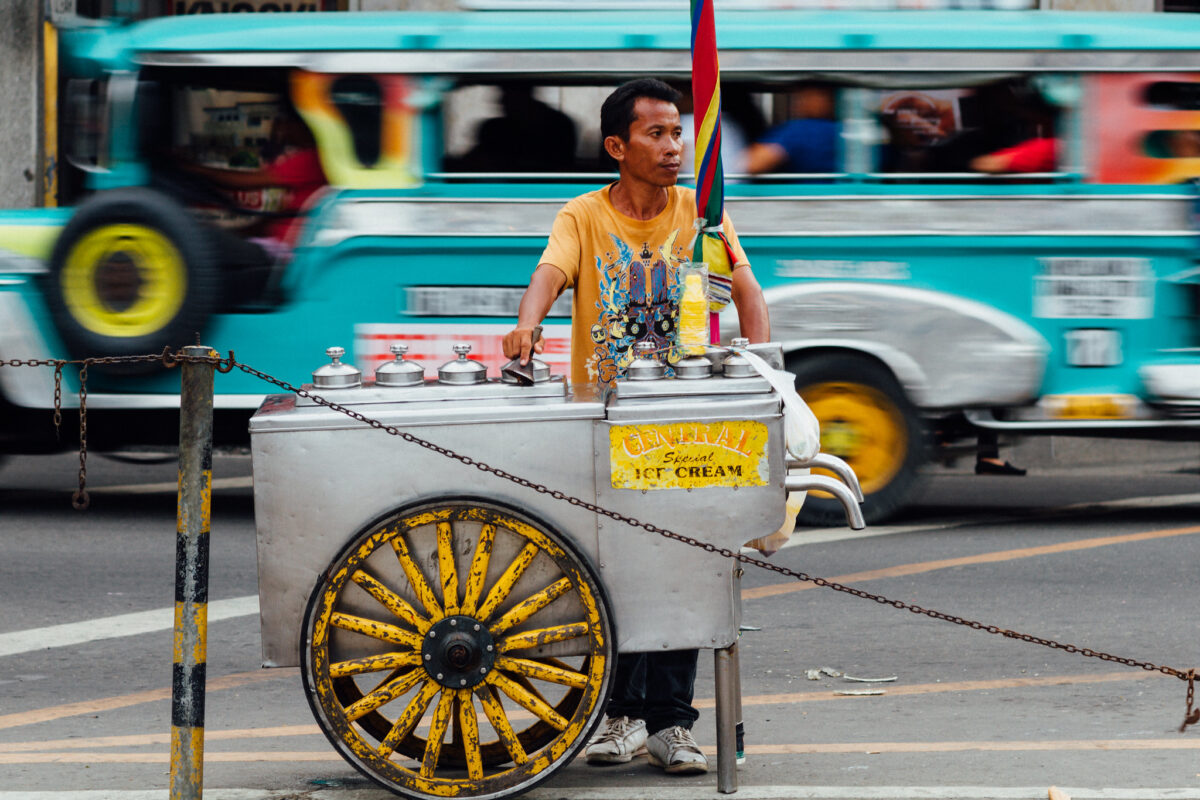Summary
- I love the Philippines and its street market culture, but I think there is a need for balance between sanitation and preservation of the culture.
- I raise concerns about the current system of either sweeping vendors away or forcing them into permanent structures, which I think is inefficient and unsustainable.
- I suggest some possible solutions, such as designated vending areas or mobile carts, that can allow for both efficiency and culture.
- I urge local governments to work with street vendors and the community to find a way to maintain the unique culture while ensuring the safety and hygiene of public spaces.
As someone who loves the Philippines and its rich culture, I have always been enamored by the dynamic and organic street market culture that thrives on its streets. It is a truly unique phenomenon that adds color and flavor to the country’s bustling cities. However, in some countries, local food vendors are subjected to over-sanitization and organization, which can often sterilize the vibrancy and authenticity of their food culture. I believe that there is a way to strike a balance between sanitation and preserving the dynamic nature of street vending, not just in the Philippines, but in other countries with equally rich street food cultures.
I understand the argument for sanitization and organization – it creates less confusion with foot traffic and motorized transportation, and formalizing small enterprises can help consolidate vendors into an entity that can be recognized by both government and private institutions. However, I don’t believe this conversation has to be an either-or scenario. We can preserve the colorful, heritage-rich, and relational nature of street food and vending culture while making it clean, efficient, manageable, and integrated into the global economy.
It is perplexing to me why local governments have such a difficult time striking this balance. The current system seems inefficient and unsustainable, with enforcers regularly sweeping vendors away from the streets only to have them return. The only other option seems to be building permanent structures and charging vendors for rent, which disperses them without any recourse whatsoever. There has to be a better solution that considers the needs of the vendors and the preservation of the culture.
I recognize that clean roads and efficiency in public spaces are necessary, but I believe we can still have street vendors and preserve the Philippines that I know and love. I exhort local governments to consider alternative solutions that can maintain the dynamic and colorful street market culture while still being organized, sustainable, civilized, and empathetic towards the needs of the vendors.
It is possible to strike a balance between efficiency and culture. For example, designated vending areas can be established that are specifically designed for street vendors, with clear guidelines on what is and isn’t allowed. These areas can be regularly cleaned and maintained by the government, making it a safe and pleasant environment for both vendors and customers.
Another solution could be to work with local vendors to develop a system of mobile carts or stalls that can be easily moved and stored, but still allow for the dynamic nature of street vending culture. These mobile stalls can be designed with safety, hygiene, and efficiency in mind, while still preserving the personal touch that street vendors bring to their businesses.
Ultimately, the solution will vary depending on the local context, and there may be different solutions for different areas. But it is important for local governments to start engaging with street vendors and the wider community to find a way to maintain the unique culture while ensuring the safety and hygiene of public spaces.
As someone who loves the Philippines and its culture, I implore local governments to prioritize finding a balance between efficiency and culture, and to recognize the value that street vendors bring to their communities. It is possible to have clean, efficient, and sustainable public spaces while preserving the dynamic and heritage-rich street market culture that makes the Philippines so special.
Photo by Adam Cohn.
Full disclosure: I wrote this post with the help of ChatGPT. ChatGPT helps me flesh out ideas and deliver them in the clearest way possible all in a shorter amount of time. Having said that, I remain fully responsible for what has been written and the specific ways that they have been expressed in this article. I strongly discourage the use of ChatGPT in school or in any other formal or academic contexts.
